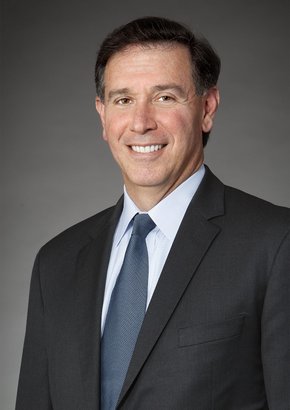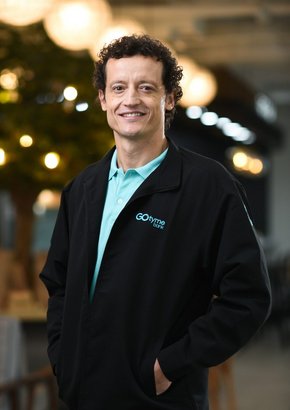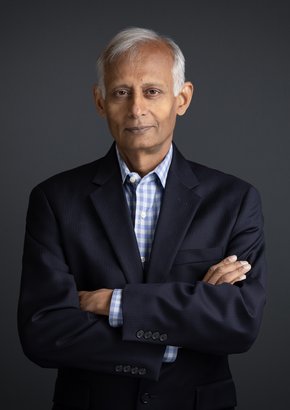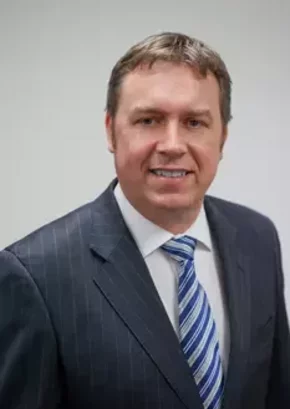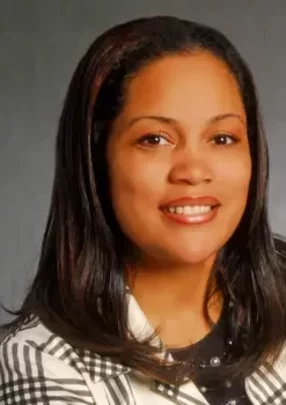
Michelle Hernandez Lane
Chief Procurement Officer
Michelle Hernandez Lane was appointed Chief Procurement Officer of Metro Nashville in 2017, but has served the government in a variety of capacities for two decades. She joined in 2001 developing small business initiatives, and was most recently its Chief Diversity Officer. Her unique perspective on the local community, and her grasp of government duty, places her at the center of close to $900m worth of annual spend.
“Our goal is to assist the various departments in meeting their objectives by providing them with superior procurement services that are aligned with the administration priorities in a legal way. Many of those departments know what they need, but they don't always know all of the government procurement procurement rules to get it. Our job is to provide them with those services.”
Hernandez Lane and her team touch nearly every major project, from the city’s streets and roads, to soccer stadiums and ballparks. As a result, she feels a great responsibility to represent the residents and communities of the Tenessee capital. “It is the people’s money that we spend,” she says. “So they should have some opportunity to participate in that process.” It is one of the biggest points of difference between Hernandez Lane’s procurement role and her private sector peers.
That ability to adapt and solve the vast number and high complexity of multi-departmental needs is powered by Metro Nashville’s early adoption of digitalisation. Here, the procurement team has a head start on much of the private sector, large segments of which are still struggling to realise the potential of digital transformation. Metro Nashville’s entire procurement function operates electronically through the Oracle iProcurement system. All requests for proposals, competitive solicitation and other negotiation processes are handled digitally. As is contract management, purchase orders, and sign-off through digital signatures.
“I feel extraordinarily privileged that we operate in such a cutting-edge electronic procurement system, because from my discussions with peers and suppliers, many have struggled to successfully make this digital transformation,” Hernandez Lane says. “We had to adjust some of our internal business processes, which we've done very well, but from the standpoint of day-to-day work and the procurement process, it was largely digital already, and we were fully able to execute our functions in an efficient manner.”
As life begins to return to pre-pandemic normality, Hernandez Lane has great ambitions to realise the insights and learnings of the past 12 months. On going reform will continue at all points throughout the procurement process.
“I hope that this time next year we see a full exploitation of our efforts around procurement reform. There's still a lot of work to do, but I want that procurement process to be best in class. I want Metro Nashville to be that place in government procurement that folks look to and say, ‘They're really doing a really great job with digital procurement. They've got a really great approach to equity and inclusion in procurement, transparency, and processes where folks are able to service themselves and have insight into that process’. All of that to me builds a best in class organisation that I know we can achieve.
Read the full article HERE

Featured Interviews
“It's very different recruiting people for something you're building from scratch, compared to recruiting for something that is already running.”

